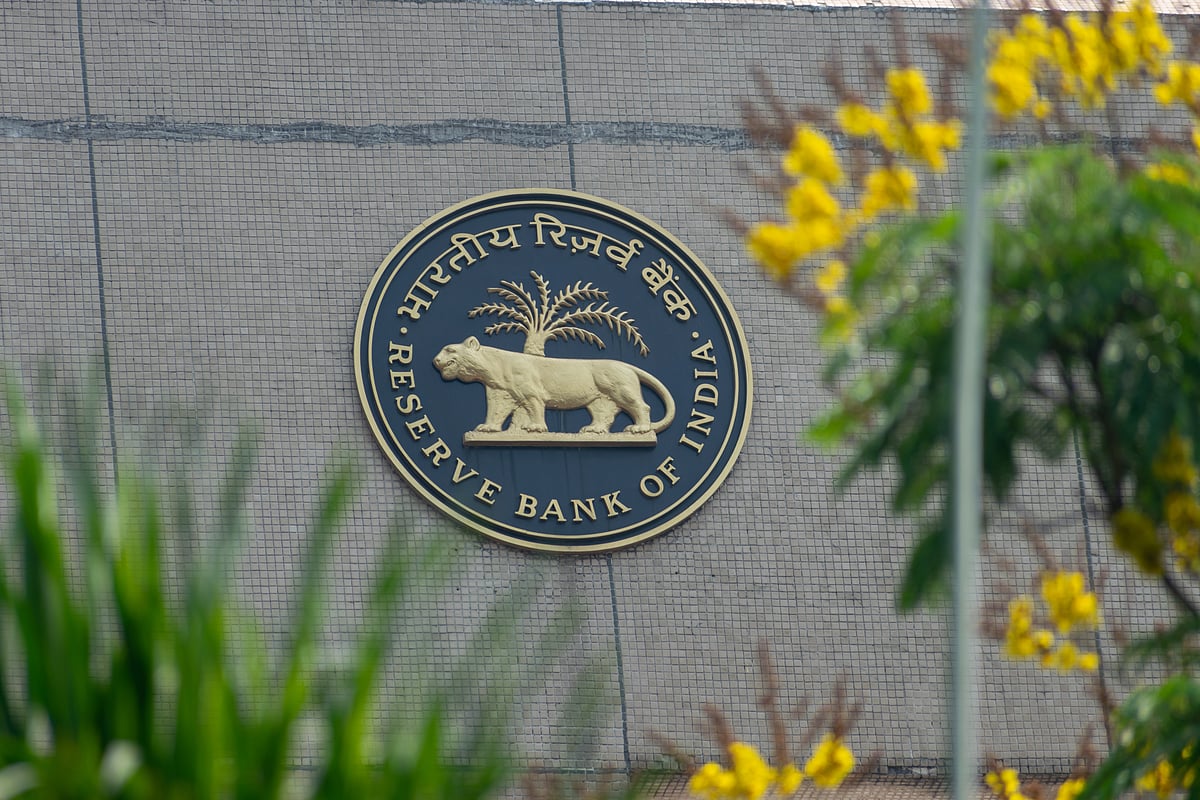“[The] Reserve Bank’s supervisory reviews have indicated divergent practices amongst Regulated Entities (REs) about levy of pre-payment charges in case of loans sanctioned to MSEs, which led to customer grievances and disputes,” the central bank noted in the RBI (Pre-payment Charges on Loans) Directions, 2025 on July 2.
More critically, it flagged that certain lenders were including “restrictive clauses in loan contracts/agreements to deter borrowers from switching over to another lender, either for availing lower rates of interest or better terms of service.”
To address this, the RBI has now made it mandatory for all commercial banks (excluding small finance banks, regional rural banks, and local area banks), NBFC-Upper Layers, and All India Financial Institutions to not levy any pre-payment charges on floating rate loans extended to individuals and MSEs for business purposes.
Similarly, small finance banks, regional rural banks, co-operative banks, and NBFC-Middle Layers have also been barred from imposing pre-payment penalties on business loans up to ₹50 lakh.
Additionally, all floating rate loans to individuals for non-business purposes are now free from pre-payment charges, irrespective of co-borrowers, funding source, or the repayment amount.
“The directions… shall be applicable irrespective of the source of funds used for pre-payment of loans, either in part or in full, and without any minimum lock-in period,” the RBI clarified.
The move is expected to enhance credit flexibility and encourage competition among lenders. The RBI also directed that borrowers be clearly informed about pre-payment clauses in sanction letters and loan agreements, and in the Key Facts Statement, where applicable.
These directions will override all earlier instructions and circulars on the subject, which now stand repealed.

